Table of Contents
ToggleSources
- https://www.law.cornell.edu/constitution/first_amendment
Cornell Law School's Legal Information Institute provides the full text of the First Amendment along with annotations and interpretations, making it a reliable source for understanding its legal framework. - https://www.archives.gov/founding-docs/bill-of-rights/what-does-it-say
The National Archives offers authoritative information on the Bill of Rights, including the First Amendment, with historical context and explanations of its provisions. - https://www.supremecourt.gov/about/constitutional.aspx
The official U.S. Supreme Court website provides insights into how the First Amendment has been interpreted through landmark cases, offering authoritative legal perspectives. - https://www.aclu.org/issues/free-speech
The American Civil Liberties Union (ACLU) is a well-respected organization that provides detailed information on First Amendment rights, including freedom of speech, press, and religion, backed by case studies and legal analysis. - https://www.oyez.org/issues/40
Oyez, a project by the Chicago-Kent College of Law, offers summaries and audio recordings of Supreme Court cases related to the First Amendment, making it a valuable resource for understanding judicial interpretations.
Key Points
- The First Amendment of the U.S. Constitution guarantees fundamental freedoms including religion, speech, press, assembly, and petitioning the government.
- The First Amendment was designed to limit federal government power and protect individual freedoms, forming part of the Bill of Rights.
- Freedom of religion includes the Establishment Clause (no state religion) and the Free Exercise Clause (right to practice any religion).
- Freedom of speech is protected, but exceptions include incitement to violence, hate speech, obscenity, and commercial speech regulations.
- Freedom of the press allows publication of critical material, but libel must be proven false and malicious, and national security can limit publication.
- The right to assemble protects peaceful gatherings, though there are some limitations to maintain public order.
- The right to petition the government ensures citizens can voice grievances without fear of retribution.
- Supreme Court rulings have interpreted and clarified the First Amendment over time, addressing modern issues and inconsistencies.
- The First Amendment's protections are termed 'freedoms of expression,' emphasizing individual rights against government overreach.
- Landmark court cases have shaped the application of the First Amendment, balancing freedoms with necessary restrictions.
Summary
The First Amendment of the U.S. Constitution, part of the Bill of Rights, guarantees fundamental freedoms including religion, speech, press, assembly, and the right to petition the government. While these rights are broadly protected, certain limitations apply, such as restrictions on incitement to violence or obscenity. Over time, Supreme Court rulings have clarified the scope and interpretation of these freedoms to address modern challenges.
1st Amendment of the Constitution
Congress shall make no law respecting an establishment of religion, or prohibiting the free exercise thereof; or abridging the freedom of speech, or of the press; or the right of the people peaceably to assemble, and to petition the Government for a redress of grievances.
1st Amendment?
The United States Constitution is a written document that took effect in 1789. It sets out the principles by which the new nation was to be governed.
The founding fathers were keen to preserve the principle of individual freedom with the First Amendment. So they enshrined in law certain limits on the role and scope of the federal government.

Freedoms and Amendments
A series of amendments have been added to the Constitution over the years, each designed to clarify the government’s role in certain circumstances. The first ten amendments together comprise the Bill of Rights.
The First Amendment protects freedoms such as free speech, religious freedom, and press freedom.
Guaranteed Freedoms in the First Amendment
The 1st Amendment of the United States Constitution guarantees American citizens basic rights.
These are:
- the freedom to practice a religion of your choosing
- the freedom to speak freely
- the freedom of the press
- the freedom to assemble for a common purpose
- the freedom to petition the government
Together these freedoms are termed ‘freedoms of expression.’

No government can remove freedom of expression
The First Amendment ensures that no government can legislate to remove these basic freedoms.
The First Amendment established the principles for the United States’ future governance by protecting the individual right to freedom of expression and limiting the federal government’s power.
The First Amendment is reasonably clear in setting out the basic freedoms individuals enjoy.
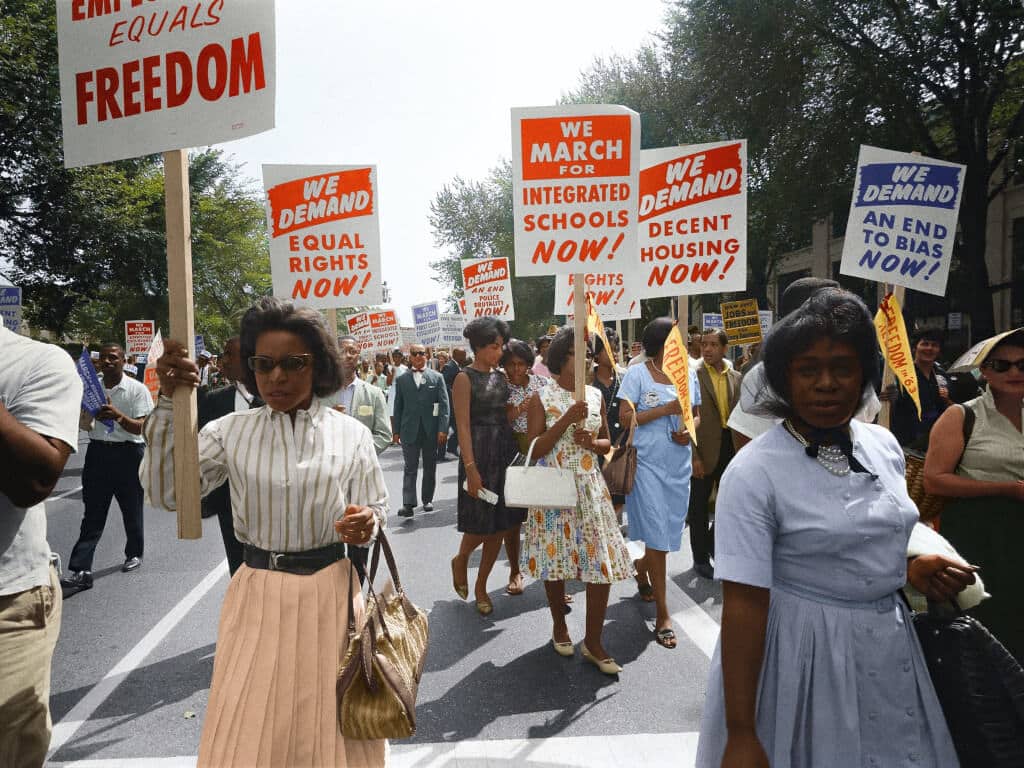
However, as time has passed and changes and developments occurred, it has been necessary for courts and legislators to go into greater detail on exactly what is protected and what is not.
The 1st Amendment interpretation has led to landmark court cases and subsequent legislation to ensure it is up-to-date.
Freedom of Religion
One area where doubts have been expressed about the interpretation of the First Amendment is concerning religion.
Were the Founding Fathers, such as James Madison, concerned only with established religions at that time?
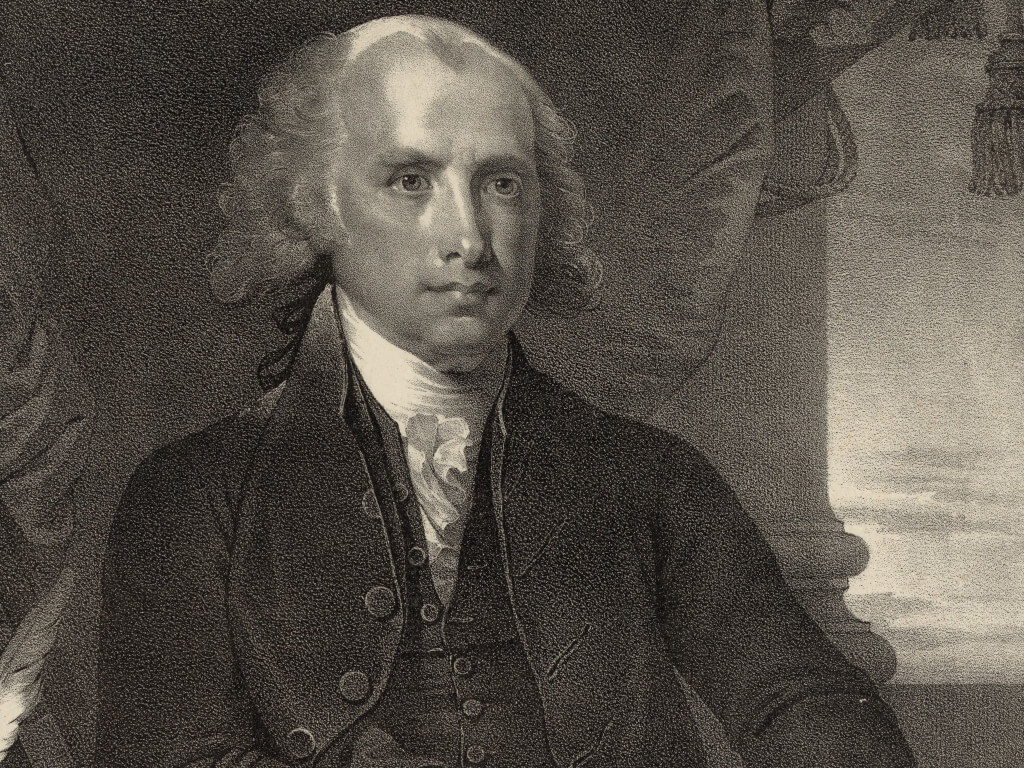
Were they only considering the various factions within the Christian religion?
Did they grant religious freedom to all, even if the religion in question was unusual?
For example, should cults enjoy the same freedom as the main religions?
The Supreme Court has ruled on religious freedom matters on several occasions, although some say not always consistently.
Freedom of Speech
In the past, the United States Supreme Court guaranteed political free speech due to the 1st Amendment.
The protection of political speech offered by its decisions ensures that the government cannot interfere to limit the right to express political opinions.

Get Smarter on US News, History, and the Constitution
Join the thousands of fellow patriots who rely on our 5-minute newsletter to stay informed on the key events and trends that shaped our nation's past and continue to shape its present.
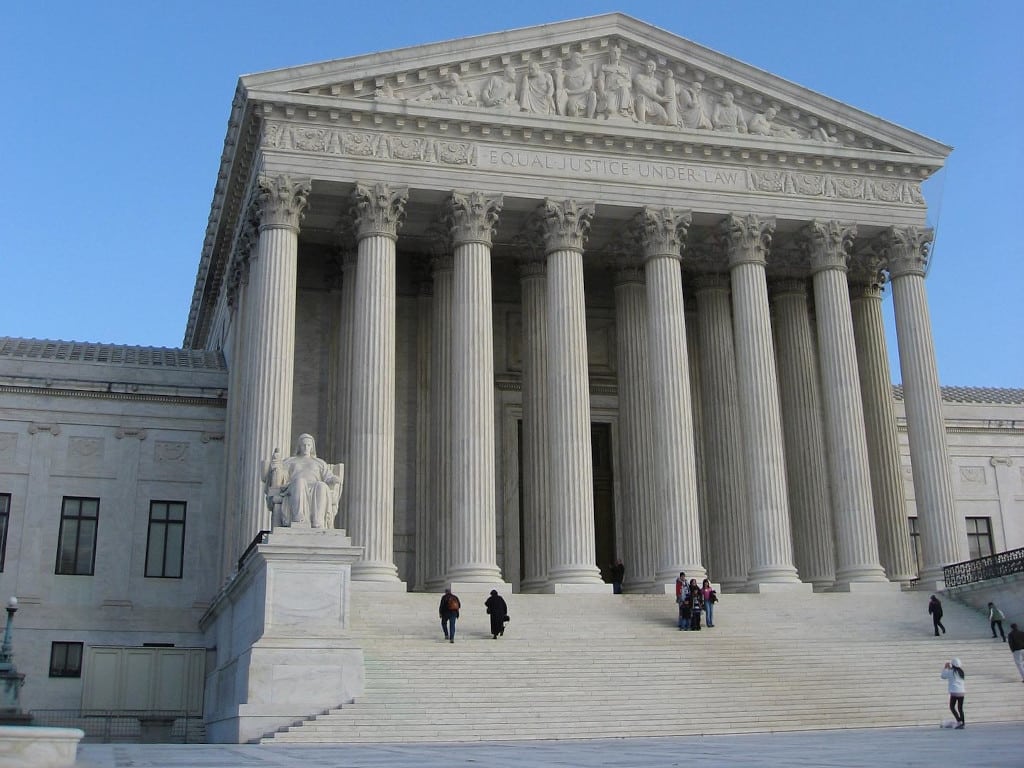
The areas where the Supreme Court admits government interference is legitimate are inciting illegal acts, inciting violence, hate speech, obscene language, pornography, other obscene material, symbolic means of expression (for example, burning draft cards), and commercial speech.
Interference in freedom of commercial speech allows the government to legislate to protect consumers from misleading advertisements, for example.
Freedom of the Press
Similar conventions brought by the First Amendment cover freedom of the press and the enforcement of censorship.

The United States Supreme Court has moved in the past to protect the press’s rights to publish material that might be libelous. It is up to the injured party to prove that the statements were false and were published maliciously.
The government is only permitted to step in and prevent the publication of any item if it can be proven there is a ‘clear and present danger’ to national security by appearing in print.
| First Amendment of the US Constitution |
|---|
| Overview |
| The First Amendment is one of the ten amendments that make up the Bill of Rights. It was adopted on December 15, 1791, and protects fundamental rights such as freedom of religion, speech, and the press, as well as the right to assemble and petition the government. |
| Key Provisions |
|---|
| Freedom of Religion |
| Freedom of Speech |
| Freedom of the Press |
| Right to Assemble |
| Right to Petition the Government |
| Freedom of Religion |
|---|
| Overview |
| The First Amendment’s Establishment Clause prohibits the government from establishing or endorsing a specific religion, while the Free Exercise Clause protects individuals’ right to practice their own religion. |
| Key Provisions |
| Establishment Clause |
| Free Exercise Clause |
| Freedom of Speech |
|---|
| Overview |
| The First Amendment protects the freedom of speech, including unpopular or offensive speech. However, certain types of speech, such as libel, obscenity, and incitement to violence, are not protected. |
| Key Provisions |
| Protection of free speech |
| Limits on free speech |
| Freedom of the Press |
|---|
| Overview |
| The First Amendment protects the freedom of the press, including the right to publish information that is critical of the government. However, like freedom of speech, the freedom of the press is not absolute, and certain restrictions apply. |
| Key Provisions |
| Protection of free press |
| Limits on free press |
| Right to Assemble |
|---|
| Overview |
| The First Amendment guarantees the right to peacefully assemble, meaning that individuals are allowed to gather in public spaces to express their views. |
| Key Provisions |
| Right to peaceful assembly |
| Limits on assembly |
| Right to Petition the Government |
|---|
| Overview |
| The First Amendment guarantees the right to petition the government for a redress of grievances, meaning that individuals have the right to make requests, complaints, or demands to the government without fear of retribution. |
| Key Provisions |
| Right to petition the government |
Limits on petitioning the government |
The First Amendment to the United States Constitution Explained Quiz
Frequently Asked Questions
What are the five freedoms guaranteed by the First Amendment?
What is the purpose of the First Amendment in the U.S. Constitution?
Are there any limitations to the freedoms protected by the First Amendment?
How does the First Amendment protect freedom of religion?
What role has the Supreme Court played in interpreting the First Amendment?
How useful was this post?
Click on a star to rate it!
Average rating / 5. Vote count:
No votes so far! Be the first to rate this post.
We are sorry that this post was not useful for you!
Let us improve this post!
Tell us how we can improve this post?
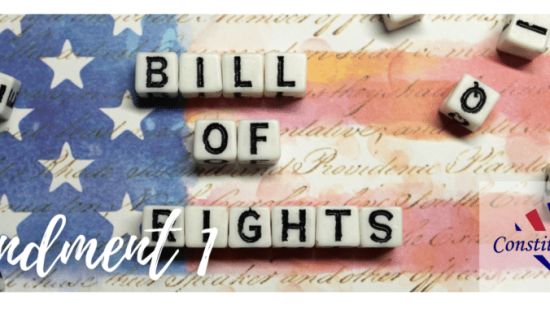
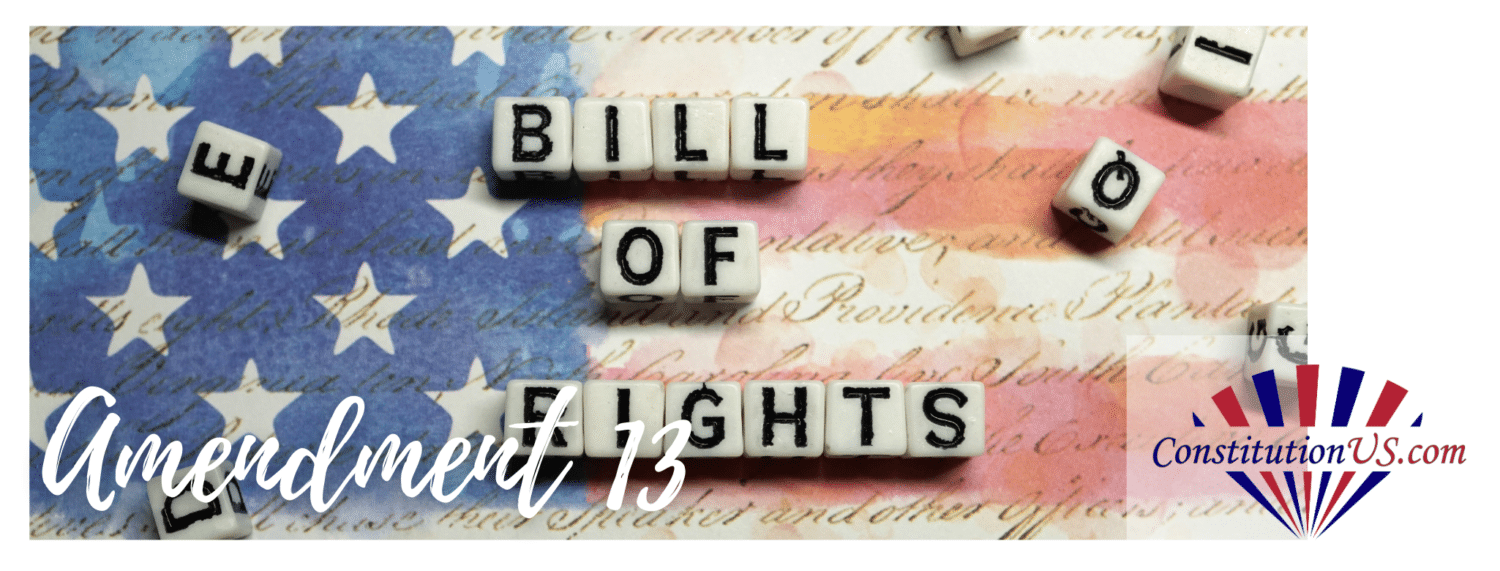
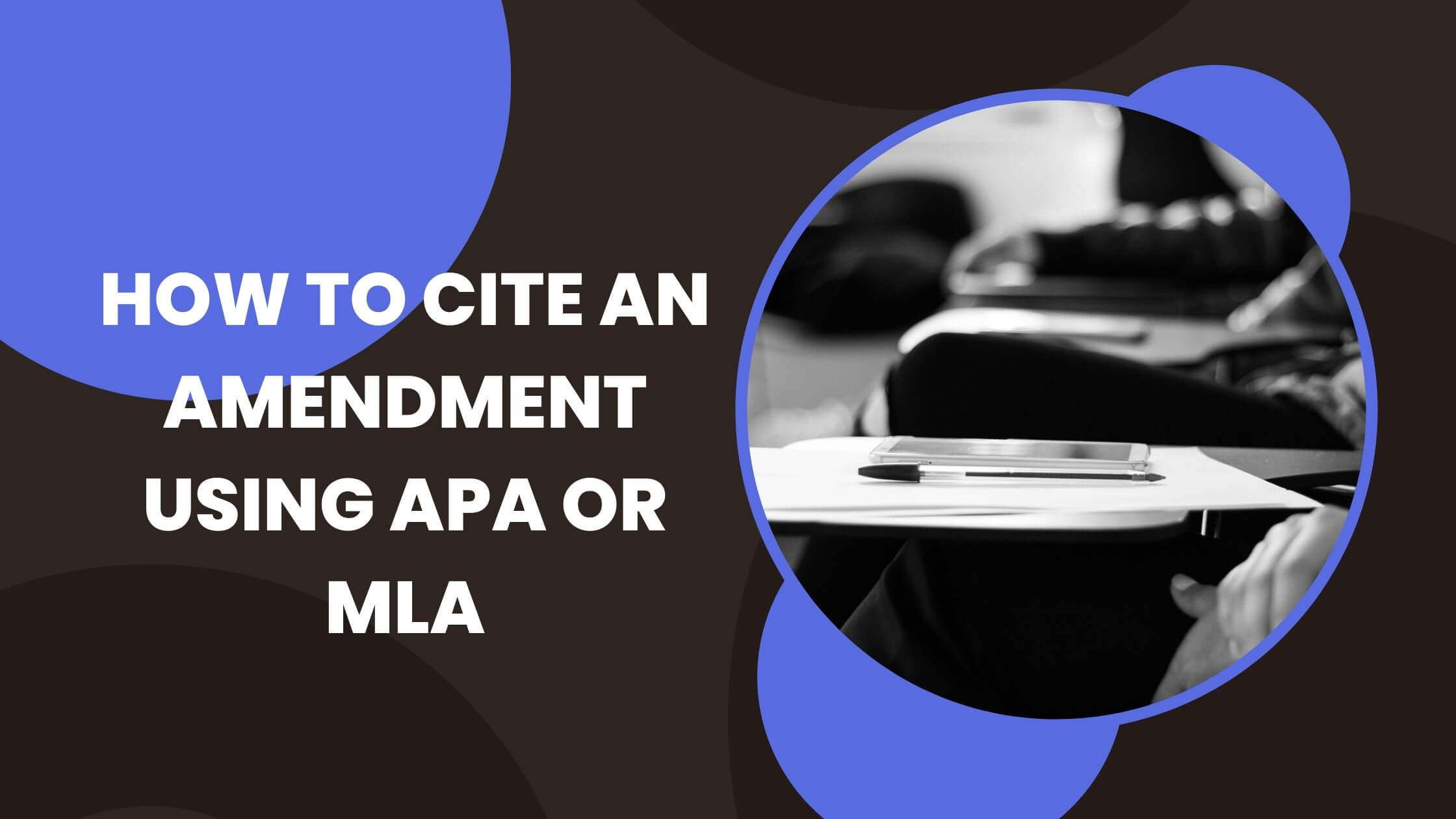
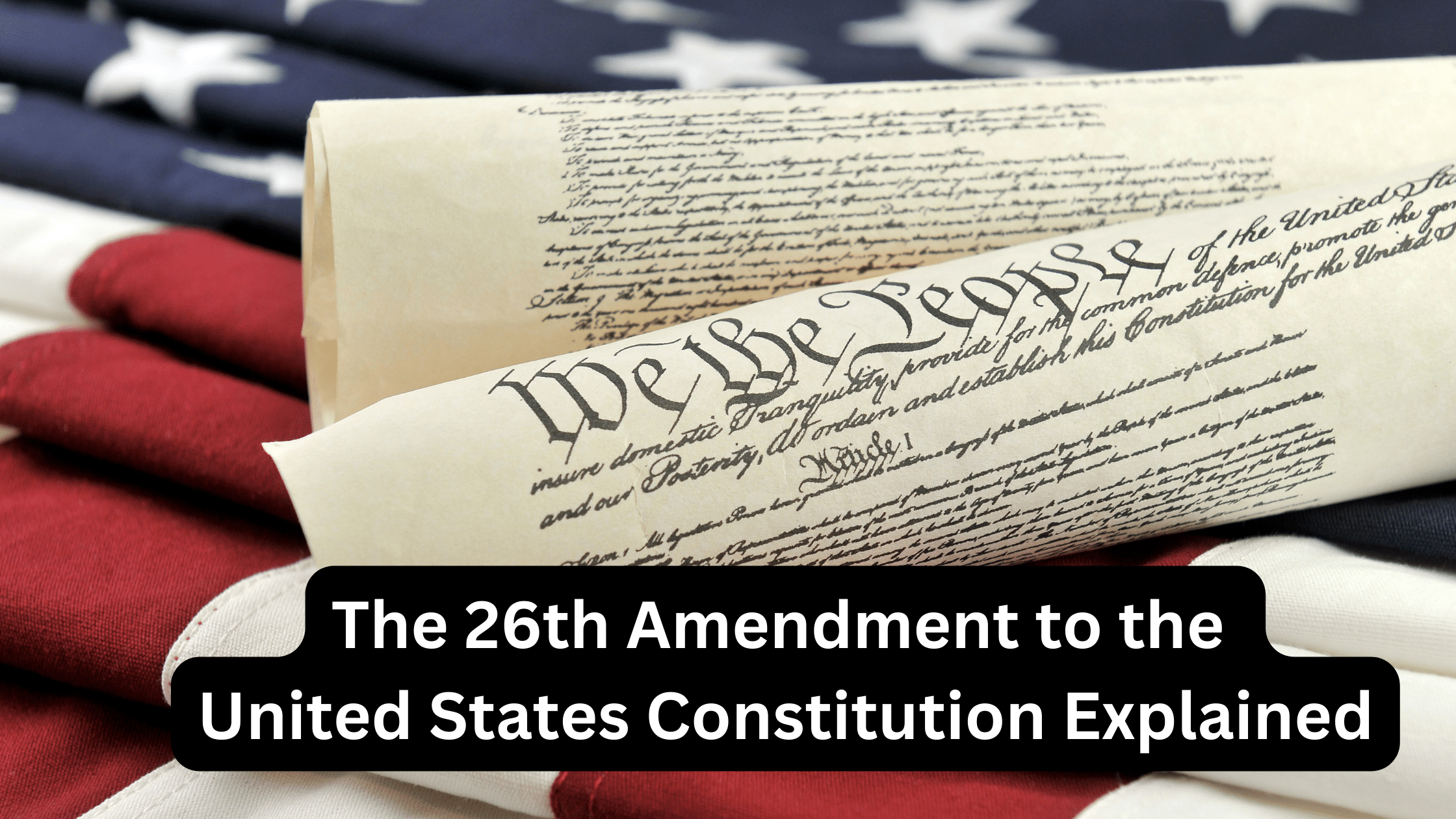
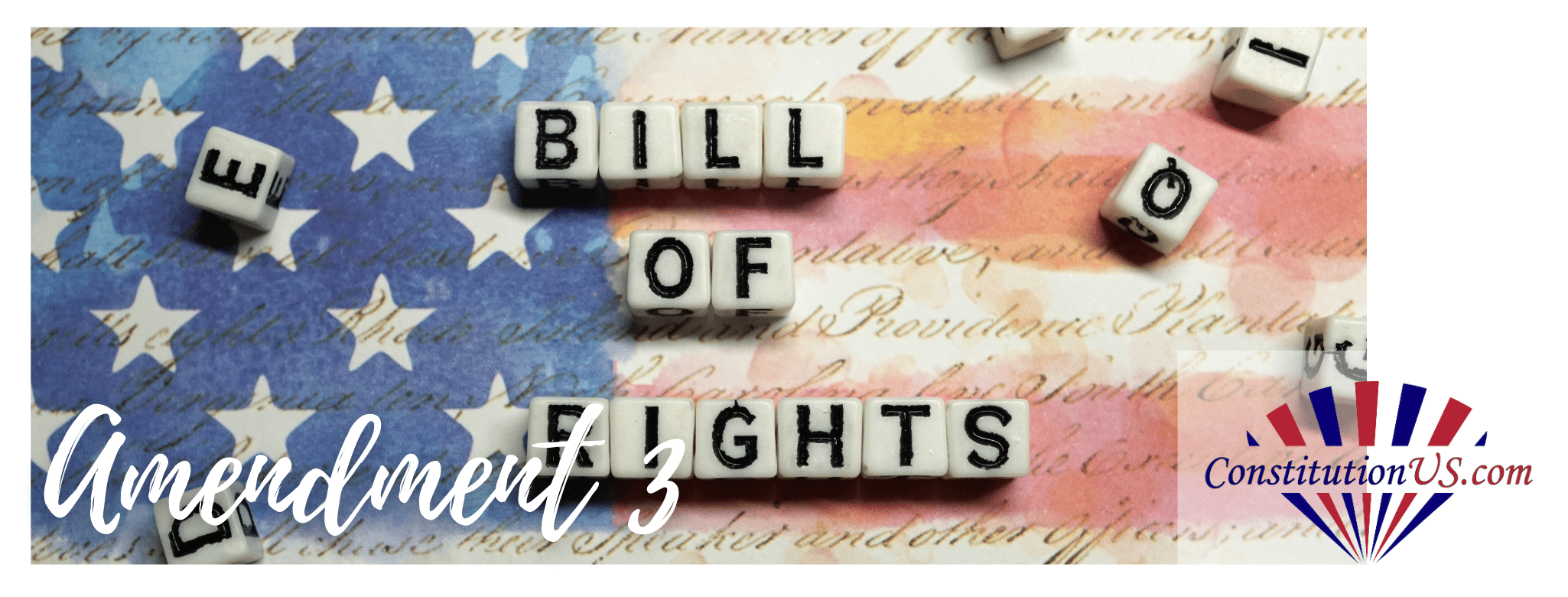
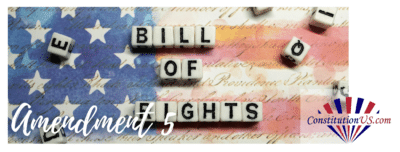
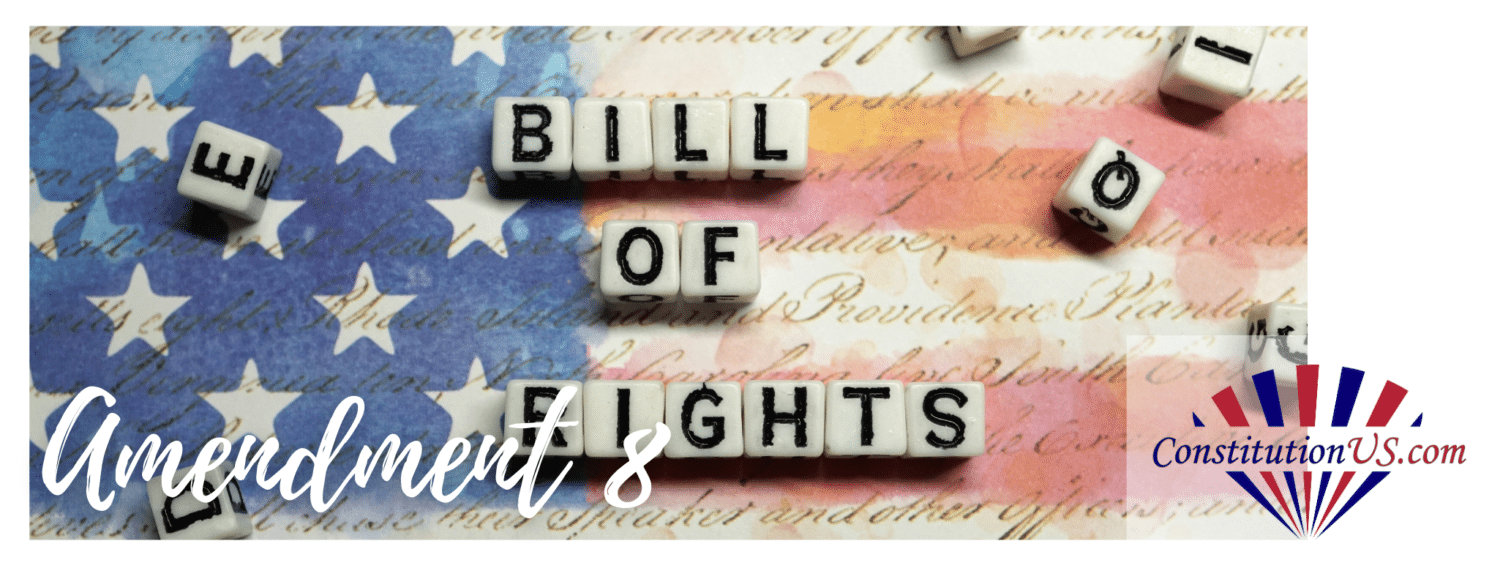
5 Responses
A couple of typos on this sentence : The governemnt is only permitted to step in an prevent publication of any item if it can be proved there is ‘clear and present danger’ to national security by its appearing in print.
It’s interesting you “omit” the term “peaceably assemble.”
Do you question the term “peaceably?” Try Webster’s, Standard Version.
Arson, breaking and interring, theft, destruction of property, assault, do not, in any manner, encompass
peaceful assembly.
The willful destruction of this Republic lies at the feet of the Press, twisting the first amendment into a pretzel.
Lets follow this thought:
The Constitution was written to protect, and defend, We The People.
Does “Freedom Of The Press Shall Not e Abridged’ cover obfuscation and lying?
The concept of freedom of religion by definition also includes the freedom FROM religion. I have the right to not be impacted by any religion that wants to enact laws based upon their particular religion’s creeds or literature.
Any law that is based upon a religious text or concept should be automatically voided by the courts.
And this is me using my First Amendment right of freedom of political speech to say so.
Nor do you have free exercise of Religion, as the Bible Jesus said to be armed, in Luke 22:36 yet you can be arrested in many states, like California if you even open carry a gun for protection.
So much for the “Free exercise of Religion”.
Our four fathers had created the government and the constitution for the sole reason to protect the people, “We The People”
For the 1st Amendment is as it states and yes an individual can choose to believe in the religion that they choose, but it does not give a person the right to make another believe in the one they want.
If you want a different set of rules, go to another country, it is your right to do so. But it does not give you the right to change what has worked here for the “American People”
Our country is one of a kind, and it seems that people that believe in “Lucifier” want to destroy our country.
so if anything must change it is the ones that are presenting the lies, manipulation to our citizens, ill guiding our children and trying to brain wash them into becoming what they want instead of letting them be who they are.
Unity is good, even if you choose to believe different things. For diversity is a tool to move forward in ways maybe someone didnt know even possible before. I really think that we all should just live life by the “golden rule”
“GOLDEN RULE”
“TREAT AND SPEAK TO EACH PERSON THE WAY THAT YOU WOULD WANT THEM TO SPEAK AND TREAT YOU. SO, BEFORE YOU SAY OR DO ANYTHING, THINK ABOUT IT, WOULD YOU WANT THEM TO SAY OR DO IT TO YOU? IF YOUR ANSWER IS NO, THEN DONT DO OR SAY IT.”
Very simple and i wish that instant karma was real, so if so, you know how much crZY, SICK AND illegal *!@# would stop….. INSTANTLY???